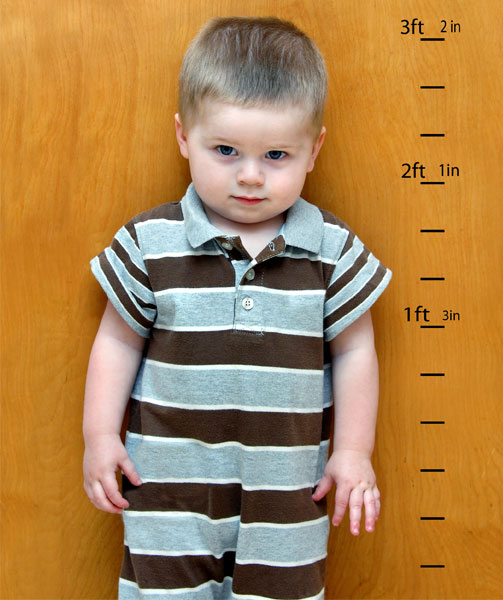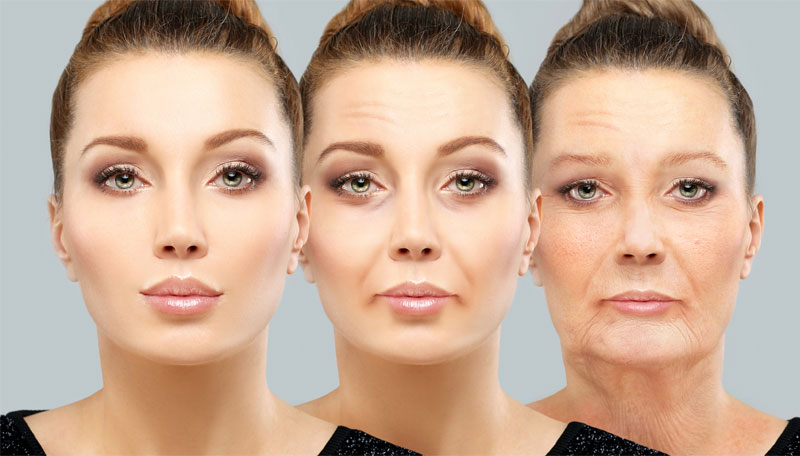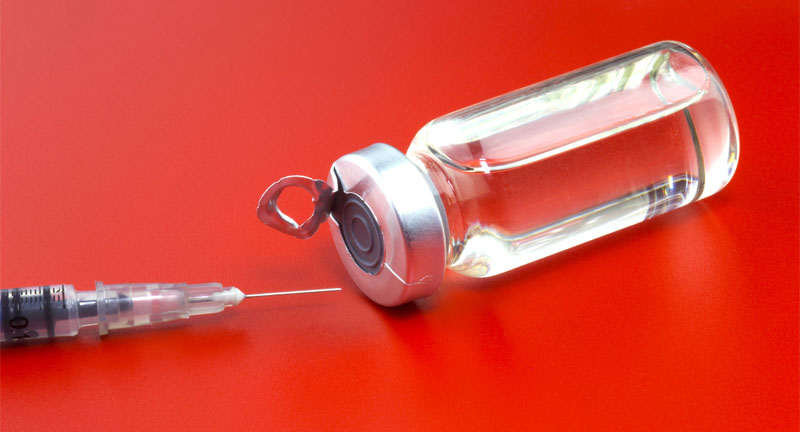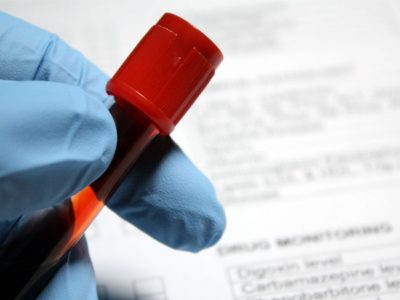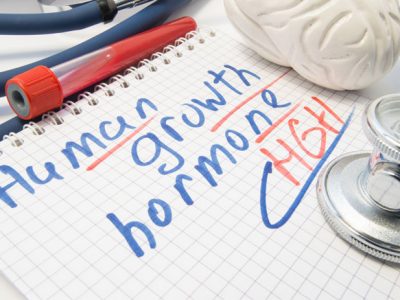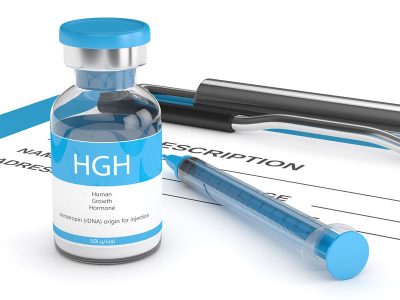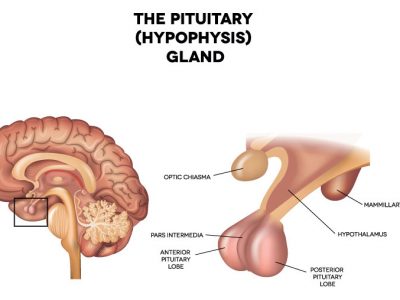- Home
- Growth Hormone
- Growth Hormone
- Growth Hormone Deficiency
- Growth Hormone Therapy
- Growth Hormone Injections
get startedThe Most Effective Hormone Replacement TherapiesWhat is the Best Age to Start Growth Hormone Treatment?
- There is no “right” or “wrong” age to start growth hormone therapy. The best time to start is as soon as the symptoms of HGH deficiency are negatively impacting your quality of life.
- Growth hormone declines as you age, and this decline can lead to a number of debilitating effects.
- Growth hormone replacement therapy can give you back, what time and nature take away.
Human growth hormone or HGH plays a vital role in every stage of life. Growth hormone deficiency (GHD) is a medical condition that can occur in children, teens, or adults. Therefore, the only definitive answer as to what is the best age to begin HGH therapy – no matter how old you are — is when symptoms of GHD are interfering with your health and bodily functions.
As with any disease or condition, the sooner a growth hormone deficiency in a child, or an adult, is discovered and treated, the better his or her outcome is likely to be. So, really the best time to start growth hormone therapy is as soon as your symptoms of GHD appear.
What is HGH and Why is it Important?
Let’s explore some of the basics of growth hormone.
HGH is made and secreted by the pituitary gland. It is one of the most important hormones in the human body. As its name implies, HGH is literally your “growth” hormone. It is HGH that is primarily responsible for regulating all or most of the processes that stimulate and control the lifecycle of your cells. That means it is HGH that causes cells to divide and grow so that you can build muscles, heal wounds, and otherwise replace cells with new ones as older ones wither and die
More specifically HGH plays a major role in your ability to build muscle mass and maintain bone mass, strength, energy, and exercise capacity.
Your levels of growth hormone change as you age. When you are young since so much of your cellular activity is dedicated to growing, as you would expect, your HGH levels are quite high. HGH levels peak as your body goes through the many hormonal transformations related to puberty. Once you grow beyond your teen years, HGH starts a steady and increasing decline.
Understanding HGH Deficiency at Any Age
The reason it is difficult to pinpoint an exact age as to when it is best to start growth hormone therapy is simply because growth hormone deficiencies can and do occur at any age. So, really the best answer to “when should I start growth hormone injections,” is “as soon as symptoms appear and you are diagnosed by a health care provider with an HGH deficiency.
As with any disease or condition, regardless of age, the sooner GHD is discovered and treated, the better the outcome is likely to be. Therefore, knowing the best time to begin taking HGH means knowing how to recognize the signs and symptoms of GHD. In children, the easiest recognizable sign that your child may be in need of HGH therapy is a failure to achieve normal height and growth benchmarks for given ages. Other than short stature and missing other maturity milestones, such as the onset of puberty, children with growth hormone deficiency may be overweight, and “pear-shaped.”
The signs and symptoms of GHD in adults include:
- Fatigue
- Weakness
- Putting on weight, particularly belly fat
- An inability to build muscle, even when working out
- Mood swings and cognitive difficulties
- Disturbed sleep
- Sexual wellness issues
While there may not be a specific age to start therapy, doctors use the following guidelines of when to test for and/or prescribe growth hormone treatments:
- An individual who has undergone treatment for childhood GHD needs to be retested and reevaluated for adult GHD once they have achieved full height, to see if they are continued candidates for HGH therapy.
- Adults who have had hypothalamic/pituitary disease, surgery or radiation treatments to these areas, head trauma, or have shown evidence of other decreased pituitary functions, should be tested for adult-onset growth hormone deficiency.
-
Because the spontaneous occurrence of GHD in adults is relatively uncommon, more than specific tests are needed before starting treatment with HGH. It is recommended that in addition to an HGH stimulation test, an IGF-1 stimulation test is also made. Test results indicative of GHD are based on size and weight (BMI). Guidelines for below-normal growth hormone levels are:
- Peak HGH level less than11.1 mcg/L in patients with BMI less than 25
- Peak HGH level less than 8.1 mcg/L in patients with BMI of 25 to less than 30
- Peak HGH level less than 4.1 mcg/L in patients with BMI equal to or greater than 30
It is growth hormone that causes cells to divide and grow, so that you can build muscles, heal wounds, and replace cells with new ones as older ones wither and die.
The Normal HGH Levels By Age
HGH levels can fluctuate greatly throughout the day, so rather than specifying an exact “normal” HGH level for adults, doctors like to speak in terms of a range.
“Normal” hormone range can also vary with advancing age. Your doctor will always take that into account and assess the blood level accordingly.
Since our laboratory tests look at IGF-1 levels to evaluate your HGH production, the following chart (provided by LabCorp our testing facility) gives the normal IGF-1 levels based on age and gender.
Normal ranges of IGF-1 are measured in nanograms per milliliter, abbreviated ng/mL. ng/mL is the unit of measure most commonly used to express drug testing cut-off levels and quantitative test results in urine and blood. A nanogram is 1×10-9 Grams.
AGE In Years Male (ng/mL) Female (ng/mL) 31 to 35 88−246 73−243 36 to 40 83−233 69−227 41 to 45 75−216 62−204 46 to 50 67−205 57−195 51 to 55 61−200 53−190 56 to 60 54−194 46−172 61 to 65 49−188 42−169 66 to 70 47−192 38−163 71 to 75 41−179 37−165 76 to 80 37−172 35−165 81 to 85 34−165 34−172 86 to 90 32−166 34−178 >90 Not established Not established Age-Related Growth Hormone Decline
If we still need HGH throughout our entire lives, why do adults see a decline in growth hormone?
As to why HGH levels continue to drop even once you have achieved a normal height, some researchers believe that it is largely related to the aging process itself, and it is indeed declining levels of HGH that cause our bodies to wear out and eventually die.
While we may not fully understand why, it is a medical fact that your ability to produce HGH lessens over time. That decline in most people has been measured at anywhere from 2 percent to 4 percent per year. That may not sound like much, but over the course of several years, it takes its toll, and contributes to weakness, increased obesity, loss of energy, sleep disorders, weaker bones, smaller muscles, and sexual issues – pretty much all the downsides we relate to “getting old.”
The good news is prescription HGH injections have been found to slow or reverse almost all of those issues.
Is It Ever Too Late to Take Growth Hormone?
Is it ever too late to start growth hormone injections? That all depends on why they are being prescribed. In children who are dealing with growth disorders and are failing to grow normally due to GHD, it is best to start HGH injections during the maximum growth period and before growth plates at the end of the bones fuse, which is typically around the age of 15. It is important to note that HGH used to treat human growth hormone deficiency in kids will not give them extra height – it will just make sure they reach their genetic potential.
However, for adults who are experiencing the quality of life issues caused by age-related GHD, it really is never too late to benefit from HGH therapy.
Is There a Growth Hormone Injection Age Limit
When it comes to treating the quality of life issues that can be caused by age-related HGH loss, there really is no upper limit as to when you can take HGH. However, the older you get, the worse your symptoms will be, and the fewer benefits you will receive from HGH therapy. If you are diagnosed with adult-onset GHD, the sooner you start treatment the better results you will achieve.
How Are HGH Injections Given?
HGH for the treatment of growth hormone deficiency is administered in daily subcutaneous injections. For most patients, the benefits of HGH far outweigh any potential risk. Complete instructions on how to administer your dosage will be given to you by your healthcare providers.
The Best Time to Start Growth Hormone Therapy May Be Right Now!
If you are between the ages of 40 and 65 and are feeling and looking older than you would like to be, the best time to start HGH daily injections may be right now!
We all know that getting older brings with it several health conditions. All of the many downsides we attribute to “old age,” can be directly related to low levels of HGH. Lack of growth hormone can cause
- Weakness
- Lethargy
- Bone loss
- Increased body fat
- Fatigue
- Irritability
- Poor sleep
- Lack of motivation
However, a prescription for HGH injections can reverse many or all of these symptoms, by returning your HGH to more youthful levels. The many positive benefits of starting on GH replacement therapy as soon as you are showing the signs of GHD, have been well documented. Growth hormone replacement therapy can:
- Rejuvenate and invigorate every cell in your body
- Help you burn fat and build lean muscle
- Improve your immune response
- Fight fatigue and give you more energy
- Keep your moods more stable
- Return you to more normal sleep patterns
- Improve sexual performance
How Do You Start With the Best HGH Injections?
While the many positive benefits of starting HGH injections are well documented, it is equally as well known that there are many scammers out there trying to cash in on the benefits of HGH.
Do not be fooled by any products you see advertised anywhere that claim to be HGH or contain HGH. The only way to get the real deal is with a prescription from a healthcare professional. The only way for a doctor to prescribe you HGH, is by testing and following the guidelines discussed above.
Can’t Any Doctor Prescribe HGH?
It is true, any doctor can provide you with a prescription for HGH. However, for the best results, you want to get your prescription for HGH from a doctor who specializes in growth hormone replacement. Such hormone replacement therapy (HRT) specialists know how to best interpret the results of your growth hormone blood tests, and really understand the treatment process and HGH administration guidelines.
Now that you know a little more about HGH and hormone replacement therapy, why not contact us, and find out if the best time to start growth hormone therapy is right now!
As growth hormone declines over the course of several years, it takes its toll, and contributes to weakness, increased obesity, loss of energy, sleep disorders, weaker bones, smaller muscles, and sexual issues.
read this next
What Tests are needed before Growth Hormone Treatment?
Before you can start any kind of growth hormone treatment you must have your growth hormone levels tested. Legitimate growth hormone therapy can only…read moreHow To Diagnose and Test For Growth Hormone Deficiency In Adults
Adequate amounts of Human Growth Hormone, or HGH, is vital to your health in many ways. Therefore, a diagnosis of growth hormone deficiency (GHD),…read moreCan You Get Human Growth Hormone (HGH) Injections From Your Doctor
Sometimes there can be some confusion surrounding how growth hormone injections are given. Growth hormone injections are usually not given to you by your…read moreGrowth Hormone Deficiency
Adult Growth Hormone Deficiency is very real, and it can be a very debilitating condition. If you are a man or woman over 40…read more - Growth Hormone Therapy








